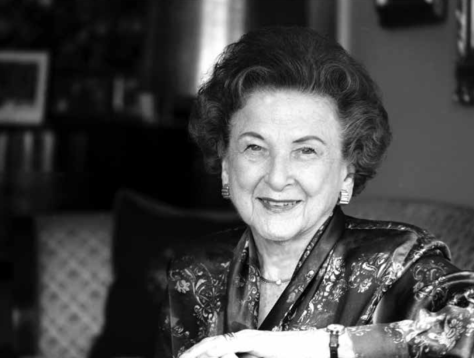This week (April 24–29) Emory Law School is ratcheting up the year-long observance of its centennial with a weekend celebration. The school opened its doors as the Lamar School of Law on September 27, 1916, bearing the name of Emory’s then-most-illustrious alumnus, Lucius Quintus Cincinnatus Lamar (see my post from January 1, 2016). On Saturday, the 29th, the school will honor another eminent alumnus, former US Senator Sam Nunn 62L. Former President Bill Clinton will speak at the gala dinner.
Happily, history will be remembered. The school has invited me to give a talk to alumni on Saturday afternoon, and the challenge has been finding ways to limit the storytelling to 40 minutes. There’s much to tell.
For instance, the decade of the 1930s brought to Emory Law women and men who would go on to have a profound impact on Emory, Atlanta, Georgia, and the nation. It was a decade of stars: Patricia Collins Butler 31L, Henry Bowden 32C 34L, Boisfeuillet Jones 34C 37L, Randolph Thrower 34C 36L, Ben Johnson Jr. 36C 40L.

Pat Butler was one of the 175 makers of Emory history celebrated during the University’s 175th anniversary in 2011. When she died at age 101, in 2009, she had left a trailblazing legacy. Although she graduated second in her class in 1931, she struggled to find a job in Atlanta but was hired to establish the antitrust library for the Department of Justice in Washington, DC. She went on to work for sixteen attorneys general, and with the case Johnson v. Shaughnessy, in 1949, she became one of the first female lawyers to argue before the Supreme Court. Together with Chief Justice Warren Burger she founded the Supreme Court Historical Society in 1974. May I add that while Emory law women were succeeding in the world, it would take Harvard Law until 1950 before it admitted its first woman, by which time Emory had graduated 25.
I can’t help wondering whether the social dislocations of the 1930s shaped the way these women and men viewed society and their responsibility for making it more just, more fair for everyone.
Just one more story for today—that of Randolph Thrower 34C 36L.

If you want to hark back to the politics of a different era, consider the life and legacy of Randolph Thrower. He was a Republican in a Deep South state that had been run by Dixie Democrats since the end of Reconstruction. To get a sense of how things have changed, note that as a Republican he drafted the 1969 Tax Reform Act that raised taxes on capital gains, and he was a founding member of the Lawyers Group for Civil Rights Under Law, an organization launched by President Kennedy to provide legal support for the civil rights movement. In 1987 he was a member of the ABA’s first Commission on the Status of Women in the Profession, which was chaired by an Arkansas lawyer named Hillary Clinton—who, appropriately, was the first woman to deliver the Thrower Lecture, endowed at the law school in his honor. The enduring mark of his integrity and commitment to the rule of law, however, was his being fired as IRS Commissioner in 1971 by Richard Nixon for refusing to use the IRS as a weapon against Nixon’s enemies.
Like Pat Butler, Randolph Thrower had surpassed his own century mark by the time he died peacefully at home in 2014. Centennials abound!
Gary S. Hauk 91PhD

Good piece. Glad you “re-surfaced” the Thrower/Nixon story. It needs to be remembered, especially in the current political climate.
Martin
On Tue, Apr 25, 2017 at 8:10 AM, Emory Historian’s Blog wrote:
> emoryhistorian posted: “This week (April 24–29) Emory Law School is > ratcheting up the year-long observance of its centennial with a weekend > celebration. The school opened its doors as the Lamar School of Law on > September 27, 1916, bearing the name of Emory’s then-most-illustriou” >
LikeLike